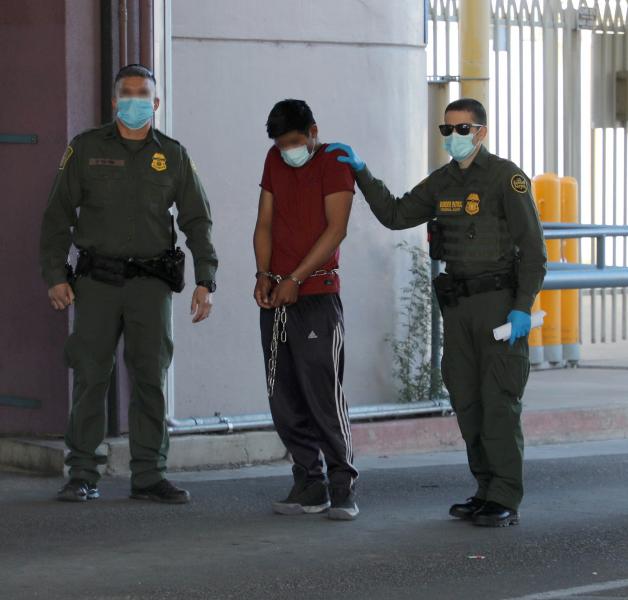- Posted on
- • Legal Opinions
What Is the Process When an American Gets Arrested in Mexico?
- Author
-
-

- User
- Ximena Soriano
- Posts by this author
- Posts by this author
-

As a dedicated legal professional, I help Americans navigate the complexities of the Mexican legal system. If you’re an American arrested in Mexico, understanding the process is critical to protecting your legal rights. The Mexican criminal law system, rooted in Napoleonic Law, differs significantly from the U.S. system. In this article, I’ll walk you through the step-by-step process of an arrest in Mexico, drawing on my expertise to ensure you know what to expect and how to seek help.
My Advice: Initial Arrest and Detention
If you’re arrested by local, state, or federal police for offenses like drug possession, firearm violations, or public intoxication, you’ll be taken to a public prosecutor’s office (Ministerio Público) within 48 hours. As your advocate, I urge you to request immediate notification of the U.S. Embassy, as required by the Vienna Convention. You’re entitled to a legal defense (public or private attorney), an interpreter, and consular contact. I recommend hiring a criminal defense lawyer like myself to monitor the prosecutor’s initial investigations—evidence collection, witness statements—to ensure due process. Language barriers and unfamiliar Mexican law can be challenging, and even unintentional violations (e.g., carrying ammunition) lead to detention.
The Initial Hearing: What I Do for You
Within 48 hours, the prosecutor presents your case to a judge, who has 72 hours to decide on charges during an initial hearing. As your attorney, I argue to exclude invalid evidence or invoke defenses like legitimate defense. The prosecutor may seek detention, but I can push for alternatives like bail, though it’s rare for serious crimes (e.g., drug trafficking). If evidence is weak, I work to secure your release. My goal is to protect your rights in this critical phase of Mexican criminal law.
How I Coordinate Consular Assistance
Once the U.S. Embassy is notified, consular officers visit to check your well-being, provide attorney lists, and contact family with your consent. They can’t secure release or represent you legally, but I facilitate communication by advising you to sign a Privacy Act Consent for embassy coordination. My role ensures you receive consistent support, from medical care to family updates, while I focus on your legal defense.
Navigating the Trial Process
Mexico’s adversarial system, in place since 2016, involves open court trials with a prosecutor, defense, and judge—no juries. Trials may take months, with detention common. As your lawyer, I negotiate reparation agreements for minor crimes (e.g., street fights) to avoid trial or challenge evidence for serious charges like homicide (up to 60 years). I also explore early release options under laws allowing release after 70% of a sentence for non-organized crimes. Appeals, though complex, are part of my strategy to protect you.
My Support Post-Conviction
If convicted, you may serve time in a Mexican prison. I work with the U.S. Embassy to arrange consular visits, dietary supplements, and prisoner transfer treaties to serve sentences in the U.S., if eligible. I also assist with pardon applications or medical care, ensuring your rights are upheld. Visit ximenasoriano.com to learn how I can support you or your loved ones.
My Key Advice
Act quickly: request embassy notification and contact me for criminal defense. Trust my expertise at ximenasoriano.com to navigate Mexican law and secure your legal rights.